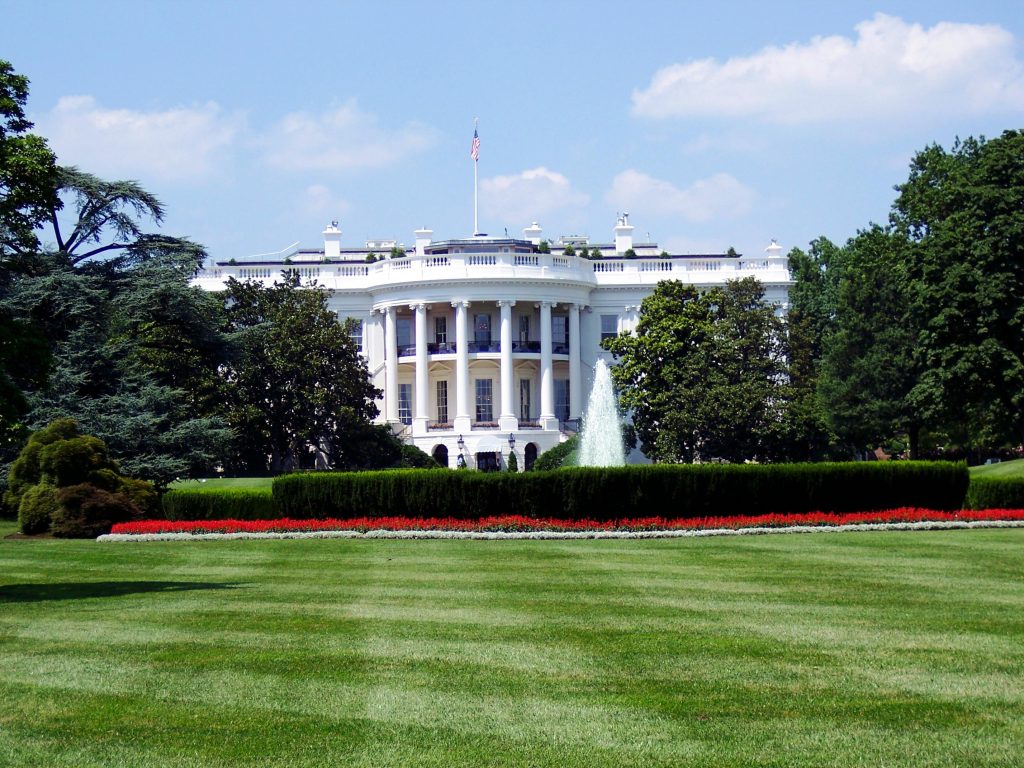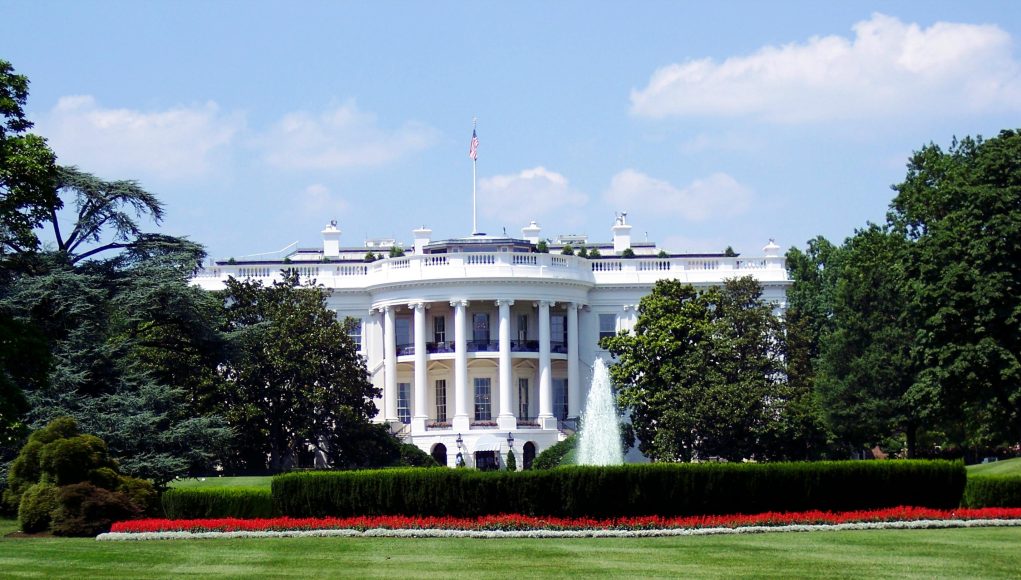
(Singapore, 27.08.2025)Federal Reserve Governor Lisa Cook is set to file a lawsuit to stop President Donald Trump from firing her, a move that has initiated a historic legal showdown over the independence of the U.S. central bank.
The dispute, which began with the president’s announced intention to remove Cook from her post, is unprecedented in the 111-year history of the Federal Reserve and has raised alarms across political and financial circles.
On Tuesday, prominent Washington attorney Abbe Lowell, representing Governor Cook, issued a strong statement confirming the legal challenge. Lowell called the president’s attempt to fire his client “illegal” and claimed it “lacks any factual or legal basis.”
This legal salvo comes just one day after Trump declared he would fire Cook, the first Black woman to serve on the central bank’s Board of Governors. The president’s stated reason was “deceitful and potential criminal conduct” related to mortgages she obtained in 2021, a period before she joined the Fed.
Trump’s move is consistent with a pattern of challenging established norms and institutions since his return to office in January. According to the information, he has overseen the departure of hundreds of thousands of civil servants, dismantled several government agencies, and withheld billions of dollars of spending authorized by Congress.
In an address to reporters, Trump justified his decision on Cook by saying, “We need people that are 100% above board and it doesn’t seem like she was.” He added that he was prepared for a legal fight and would honor a court decision that allows her to remain in her position, while also noting that he had several “good people” in mind as potential replacements.
The Federal Reserve itself has weighed in on the matter, underscoring the importance of its independence. In a statement, the central bank highlighted that Fed governors are appointed to 14-year terms, a structure designed to ensure that monetary policy decisions are made based on economic data and “the long-term interests of the American people,” rather than political whims.
The Fed’s statement also made it clear that it still considers Cook to be a sitting governor, and that her status remains unchanged despite Trump’s declaration of an “effective immediately” firing. The Fed is scheduled to hold its next interest rate meeting on September 16-17, and it appears that a court ruling would be necessary to prevent Cook from participating.
The unfolding situation has created ripples in financial markets, where the stability and independence of the Fed are highly valued. Following the news, the U.S. dollar dropped, and the yield curve on U.S. Treasuries steepened. This market reaction reflects growing concerns about the potential for political influence to sway the central bank’s policies, leading to a more lenient approach to monetary policy than many investors would prefer.
The Mortgage Allegations: The Legal Basis of Trump’s Action
The central point of contention for Trump’s removal attempt is a referral letter from William Pulte, a Trump appointee who serves as the director of the Federal Housing Finance Agency. Pulte raised questions about two mortgages Cook obtained when she was an academic, alleging that she falsely claimed properties in both Michigan and Georgia were her primary residence to secure better loan terms. The matter was referred to U.S. Attorney General Pamela Bondi for investigation, though it remains uncertain whether the Justice Department will pursue the case.
The legal basis for Trump’s action relies on the Federal Reserve Act of 1913, which allows for a governor to be removed “for cause.” However, this provision has never been tested in court, and U.S. presidents have historically avoided meddling in Fed matters to maintain confidence in monetary policy.
Peter Conti-Brown, a scholar of the Fed’s history at the University of Pennsylvania’s Wharton School, highlighted the potential legal weakness of the president’s position. He noted that the mortgage transactions were public knowledge and were part of the vetting process when Cook was confirmed by the Senate. Conti-Brown described the idea of using these past events as a basis for “for cause” removal now as “incongruous” with the legal concept.
This legal confrontation is being widely viewed as a critical test of the Federal Reserve’s independence. Governor Cook, through her lawyer, has stated that she will not resign and intends to continue performing her duties.
The Battle’s Impact on Monetary Policy and Political Power
The outcome of the lawsuit could have profound and lasting effects on U.S. monetary policy. If Trump succeeds in removing and replacing Cook, it would give him a four-person majority on the Fed’s seven-member board. Such a shift could significantly influence future decisions on interest rates, potentially pushing the Fed towards the lower rates that the president has long advocated for.
Beyond the immediate financial implications, the battle also highlights a broader political struggle over the control of government institutions. Trump has consistently expressed frustration with Fed Chair Jerome Powell and has called for substantial interest rate cuts. His attempt to oust Cook is seen as a dramatic escalation of his campaign to exert more direct control over the central bank’s decisions.
Democratic lawmakers have been quick to condemn the action, with Senator Elizabeth Warren calling it “an authoritarian power grab that blatantly violates the Federal Reserve Act, and must be overturned in court.”
The confrontation also comes against the backdrop of Trump’s recent legal history. He was convicted on multiple counts of falsifying business records and is the first convicted felon to serve as president. This context adds another layer of complexity to a situation where the president’s legal challenges are being met with legal challenges of his own. The legal proceedings could also see Cook immediately seeking an injunction to reinstate her while the lawsuit proceeds.
Sources close to the Trump administration have indicated that there are no immediate plans for additional vetting to fill Cook’s slot. Instead, the focus remains on the selection process for Powell’s replacement, with a decision on other vacancies to follow. However, the mention of potential candidates like Stephen Miran, whom Trump nominated for a temporary board seat, and David Malpass, a longtime ally, indicates that the administration is actively considering its options should the legal challenge fail.
Ultimately, this is more than a simple employment dispute; it is a fundamental test of the separation of powers and the institutional checks and balances that have long governed the U.S. economic system.
The resolution of this case will not only determine Governor Cook’s future but could also set a powerful precedent for the political independence of the Federal Reserve for years to come. The stakes are high, and all eyes are on the courtroom as this historic legal fight gets underway.





































